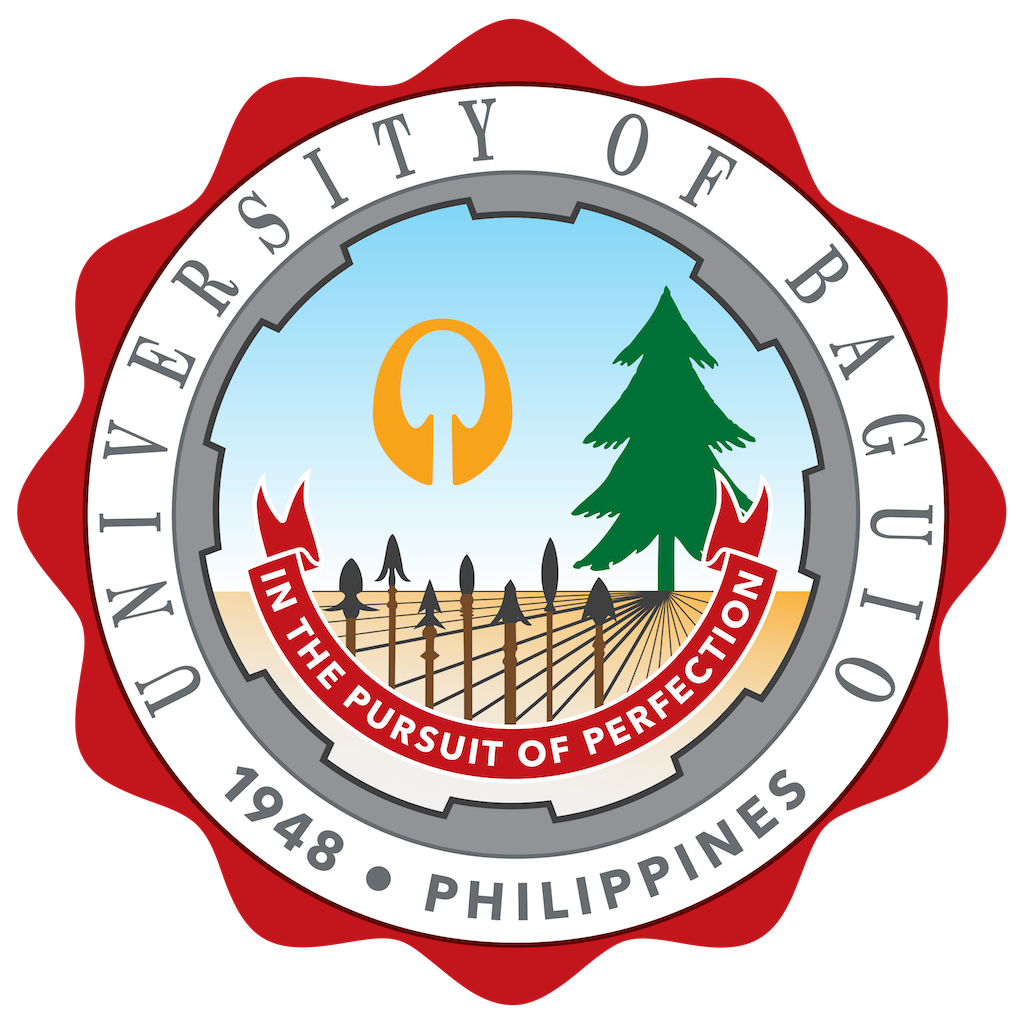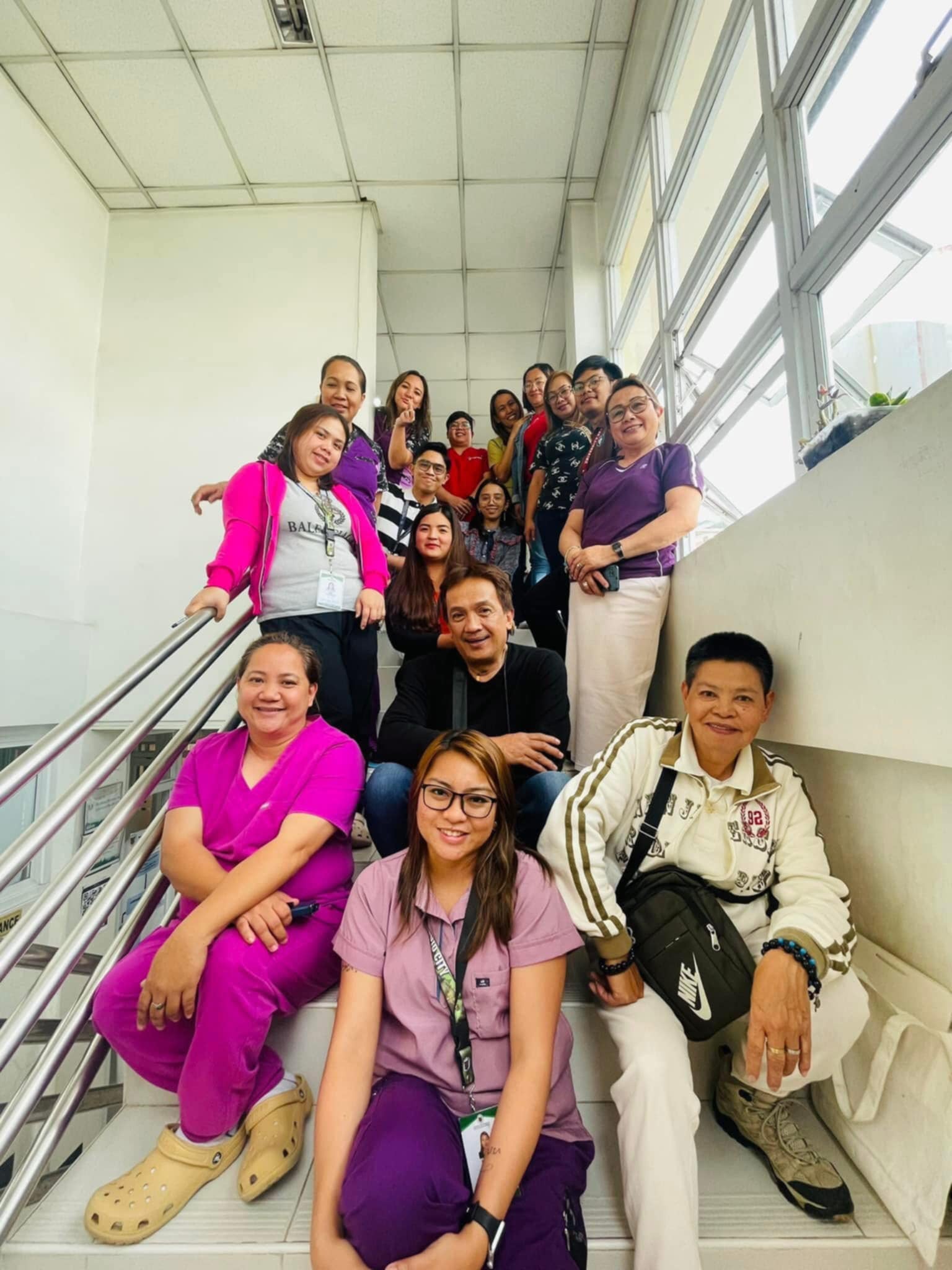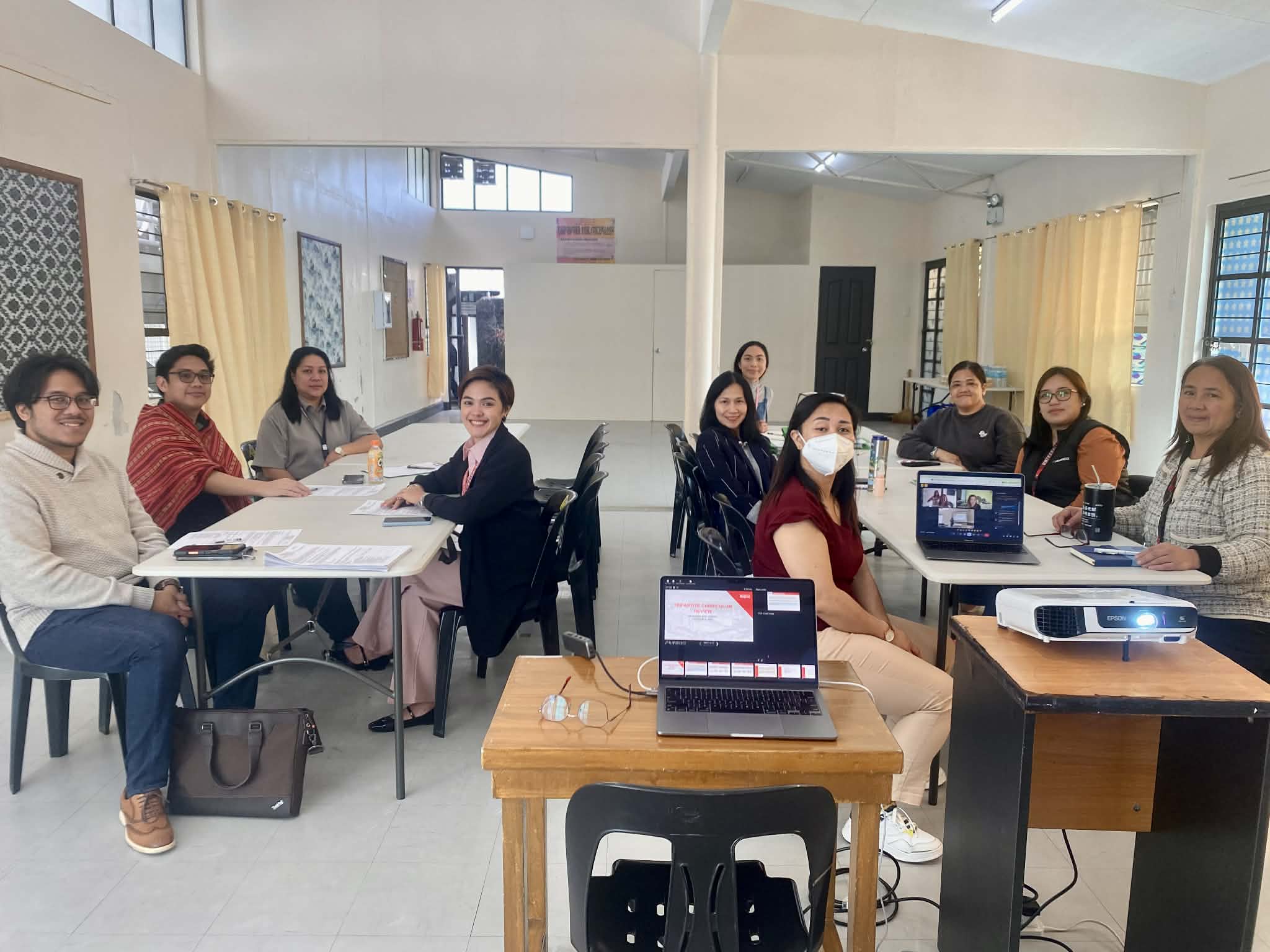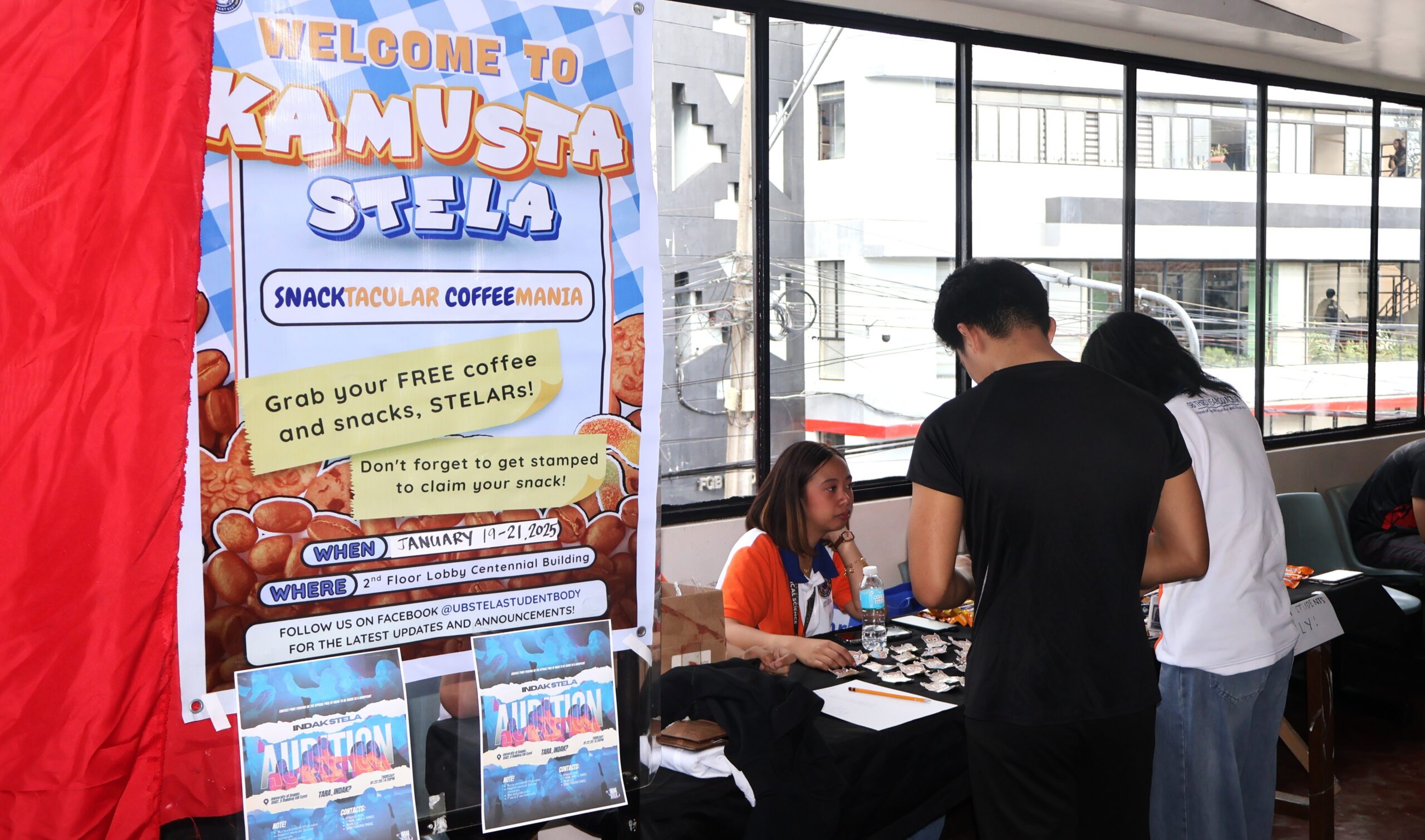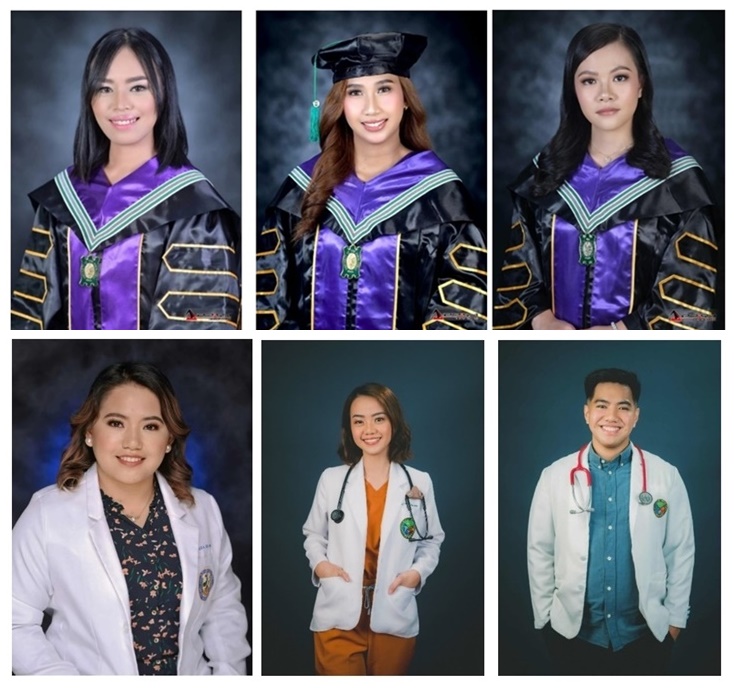–Mark Rommel L. Supsupin
On March 12, 2025 (Wednesday), an Orientation for the PuroKalusugan Regional Operational Guidelines, led by Ms Regina Macabiog, was conducted at the Health Center of Barangay Pinsao Proper, Baguio City. The meeting addressed key concerns including the alarming rise in health issues among residents, access to healthcare services, and the need for mental health support. Community leaders and healthcare professionals shared insights on these pressing concerns to address the situation. The meeting emphasized the need for increased awareness, resource allocation, and collaborative efforts to improve overall community health.

To relay the information, a coordination meeting with the Medical Allied Team was held last March 17, 2025 (Monday) at the Alumni AVR. The meeting was attended by Dr. Donnavila Marie B. Panday, RIECO Director; Dr. Esmeralda Gatchallan, Medical & Dental Clinic Director; Ms. Teresa Villanueva, Dean of the School of Natural Sciences; Ms. Iris Gail Ducat, Faculty/COE Coordinator of the School of Natural Sciences; Ms. Fawn Maday-a, Faculty/COE Coordinator of the School of Nursing; Kagawad Marchan, Committee on Health & Sanitation of the Barangay; Ms. Regina Macabiog, Health Center Nurse; and the Honorable Raymund Laxamana, Punong Barangay of Barangay Pinsao Proper, Baguio City.
The PuroKalusugan program of the Department of Health was introduced to provide an overview of the project and its relevance to the current health situation of Barangay Pinsao Proper, Baguio City. The discussion provided an invaluable opportunity to engage with our stakeholders and gain a better understanding of the emerging health challenges in their community. While several concerns were identified, these presented opportunities for new avenues to address these issues and improve our initiatives toward better health outcomes. This partnership not only strengthened our shared commitment, but also our dedication to build lasting projects that align with the United Nations Sustainable Development Goals (SDG), particularly SDG 3 (Good Health and Well-being), and SDG 17 (Partnerships for the Goals).

The opening session of the meeting focused on the Regional Operational Guidelines of the PuroKalusugan. The rationale of the program, its general objectives, as well as its scope of application was discussed. This provided attendees with a clearer understanding of the project and their pivotal role in its implementation, contributing to a better health and well-being.
The following session tackled the emerging health issues identified by the Barangay Health Center Nurses based on their assessment. This revealed a growing sense of concern about the rising rates of health-related concerns in the community. Additionally, this outlined key areas that require immediate attention to prevent these cases from worsening in the future. The concerned voices at the meeting underscored a growing awareness among community members of the urgent need for action. The final session was a presentation of an action plan that highlighted the vital role of UB in contributing to community health concerns. This aimed to address the identified challenges through the combined efforts of barangay officials, barangay health workers, nurses, volunteers, and UB interns. Key initiatives included lectures and seminars on immunization, cancer prevention, training for health volunteers, mental health support programs, medical and dental missions, as well as blood typing activities. Through UB CARES, a range of projects aligned with the Three-Year Development Plan for Pinsao Proper were proposed to aid in addressing the health concerns of the community. This initiative marks a significant stepping stone toward achieving better health outcomes, and a healthier and resilient community.

The meeting concluded with a shared commitment to collaborate on finding solutions and prioritizing the community’s health. By addressing the root causes, improving access to healthcare, and promoting a culture of health and well-being, these efforts will pave the way for a more resilient and thriving community. This collective effort fostered a stronger sense of community, encouraging joint action to promote better health and well-being for all residents.

